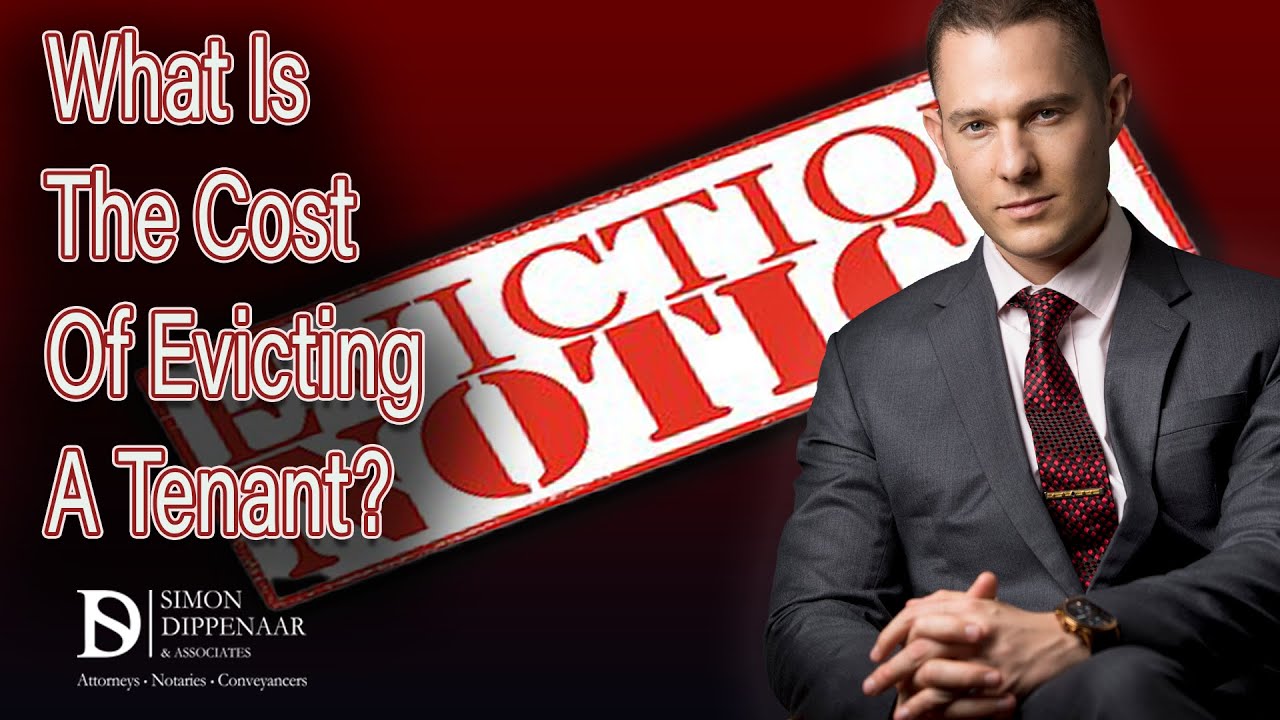Eviction is a legal process that a landlord can take to remove a tenant from their rental property. In South Africa, eviction orders are governed by the Prevention of Illegal Eviction from and Unlawful Occupation of Land Act (PIE). While eviction is a necessary action in certain circumstances, it can come at a cost. Let's take a closer look at the cost of an eviction order in South Africa.
Legal Fees
For a landlord to obtain an eviction order, they must first issue a notice of eviction. If the tenant does not comply with the notice, the landlord can then apply to the court for an eviction order. This process requires the services of an attorney or legal representative, which will incur legal fees. The cost of legal fees can range from a few thousand rand to tens of thousands of rand, depending on the complexity of the case and the legal representative's hourly rate. While a landlord may be able to represent themselves in court, it is always advisable to hire legal representation to ensure the best possible outcome.
Court Fees
In addition to legal fees, landlords must pay court fees to file an eviction order. The cost of court fees differs depending on the region and the complexity of the eviction matter. However, the cost can range from a few hundred rand to a few thousand rand.
Costs Included in Court Fees
The court fees charged in the eviction process include the cost of filing the eviction application, notice fees, and service fees. These fees can add up quickly, especially if the eviction application is contested, requiring additional motions or hearings.
Cost of Moving and Storage of Tenant Possessions
When an eviction order is granted, the tenant is legally required to vacate the rental property within a specific timeframe. If the tenant fails to move out, the landlord must obtain a writ of ejectment, which will require the sheriff to remove the tenant from the property. The tenant's possessions may be removed and stored, adding to the cost of the eviction order for the landlord.
Conclusion
The cost of an eviction order can vary widely depending on the complexity of the case and the services required. Legal fees, court fees, and the cost of moving and storing a tenant's possessions can quickly add up, resulting in a considerable expense for the landlord.

